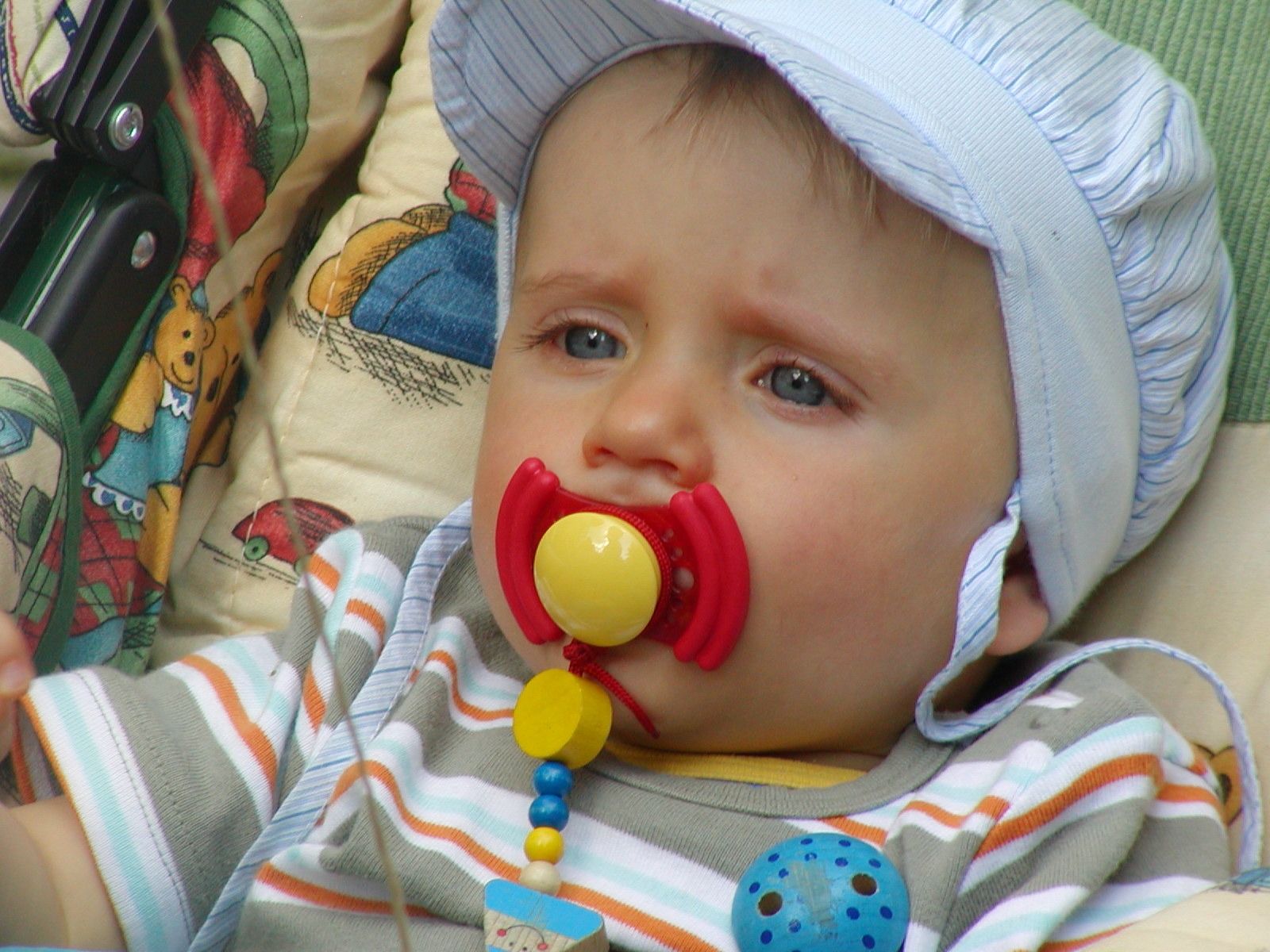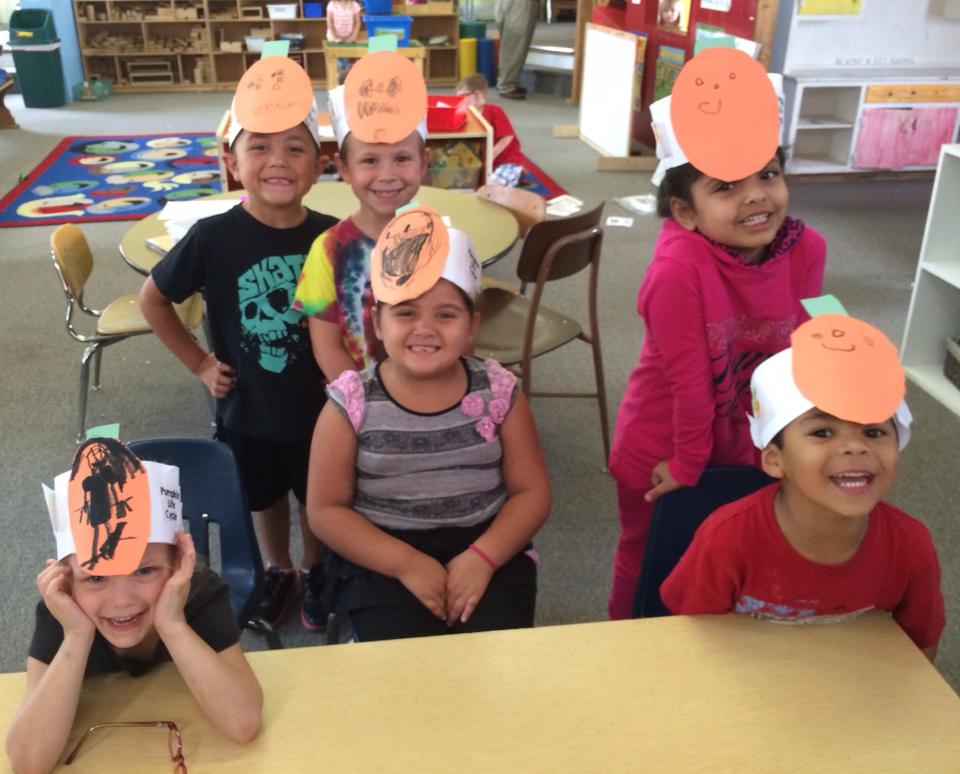9 Things You Shouldn't Say to Your Child (Part 2 of 2)
I was trying to do two things at once—cook (in the kitchen) while deciphering some paperwork (in the next room). I'd been interrupted a thousand times with requests for snacks, shrieks over spilled paint water, questions about what squirrels like to eat, and arguments over whether clouds could be blue and flowers could be green. And did I mention that a ruptured disk in my back was throbbing even worse than my head? Still, nothing can excuse my behavior that afternoon. I erupted like Mount Momsuvius: "Enough! Get out! Stop bothering me!" The look on my daughters' faces said it all. The 2-year-old's eyes widened. The 4-year-old furrowed her brow and jabbed her thumb between her lips. Immediately I wished I could stuff the hot-lava words back into my mouth. They certainly hadn't come from my heart, or my brain. We all say the wrong thing sometimes, leaving our kids feeling hurt, angry or confused. Read on for some of the most common verbal missteps moms and dads make, and kinder, gentler alternatives.
1."You Know Better Than That!" Like comparisons, quick gibes can sting in ways parents never imagine. For one thing, a child actually may not have known better. Learning is a process of trial and error. Did your child really understand that a heavy pitcher would be hard to pour from? Maybe it didn't seem that full, or it was different from the one he's successfully poured from by himself at preschool. And even if he made the same mistake just yesterday, your comment is neither productive nor supportive. Give your child the benefit of the doubt, and be specific. Say "I like it better if you do it this way, thank you." Similar jabs include "I can't believe you did that!" and "It's about time!" They may not seem awful, but you don't want to say them too much. They add up, and the underlying message kids hear is: "You're a pain in the neck, and you never do anything right." 2."Stop Or I'll Give You Something to Cry About!" Threats, usually the result of parental frustration, are rarely effective. We sputter warnings like "Do this or else!" or "If you do that one more time, I'll spank you!" The problem is that sooner or later you have to make good on the threat or else it loses its power. Threats of hitting have been found to lead to more spanking—which itself has been proven to be an ineffective way to change behavior. The younger a child is, the longer it takes for a lesson to sink in. "Studies have shown that the odds of a two-year-old's repeating a misdeed later in the same day are eighty percent no matter what sort of discipline you use," says Murray Straus, Ph.D., a sociologist at the University of New Hampshire's Family Research Lab. Even with older kids, no discipline strategy yields surefire results right off the bat every time. So it's more effective to develop a repertoire of constructive tactics, such as redirection, removing the child from the situation, or time-outs, than it is to rely on those with proven negative consequences, including verbal threats and spanking. 3."Wait Till Daddy Gets Home!" This familiar parenting cliché is not only another kind of threat, it's also diluted discipline. To be effective, you need to take care of a situation immediately yourself. Discipline that's postponed doesn't connect the consequences with your child's actions. By the time the other parent gets home, it's likely that your child will actually have forgotten what she did wrong. Alternately, the agony of anticipating a punishment may be worse than what the original crime deserved. Passing the buck to someone else also undermines your authority. "Why should I listen to Mom if she's not going to do anything anyway?" your child may reason. Not least, you're putting your partner in an undeserved bad-cop role. 4."Hurry Up!" Who in this world of back-to-back appointments, overbooked schedules, sleep deficits and traffic snarls hasn't uttered these immortal words? Certainly every parent whose toddler can't find his shoes or blankie or who's blissfully oblivious of anything but putting on his socks "all by self!" has. Consider, though, your tone of voice when you implore a child to hurry, and how often you say it. If you're starting to whine, screech or sigh every day, with your hands on your hips and your toes tapping, beware. There's a tendency when we're rushed to make our kids feel guilty for making us rush. The guilt may make them feel bad, but it doesn't motivate them to move faster. "It got so hectic at my house in the mornings, I hated that the last image my kids had of me was being angry," says family therapist Paul Coleman, author of How to Say It to Your Kids. "So I made a pact with myself. No matter what, I wouldn't yell or roll my eyes even if someone spilled their Cheerios or asked me to find something just as we were heading out." Rather than hectoring ("I told you to turn off that TV five minutes ago!"), he looks for calm ways to speed things along (he turns off the set himself). 5."Great Job!" or "Good Girl!" What could possibly be wrong with praise? Positive reinforcement, after all, is one of the most effective tools a parent has. The trouble comes in when the praise is vague and indiscriminate. Tossing out "Great job!" for every little thing your child does—from finishing his milk to drawing a picture—becomes meaningless. Kids tune it out. They can also tell the difference between praise for doing something rote or simple and praise for a real effort. To get out of the habit of such effusiveness: Praise only those accomplishments that require real effort. Finishing a glass of milk doesn't cut it. Neither does drawing a picture, if your child is the kind who makes dozens of them every day. Be specific. Instead of "Beautiful job," say, "What bright, happy colors you picked for the dog's spots." Or "I see you drew a picture of the story that we read this morning." Praise the behavior rather than the child: "You were so quiet with your puzzle while I was finishing that paperwork, just like I asked." How much nicer if I'd said that to my daughters instead of transforming into a spewing volcano. Luckily, I'm sure to get another opportunity tomorrow. Retrieved From: http://goo.gl/gPA99
|
|

















